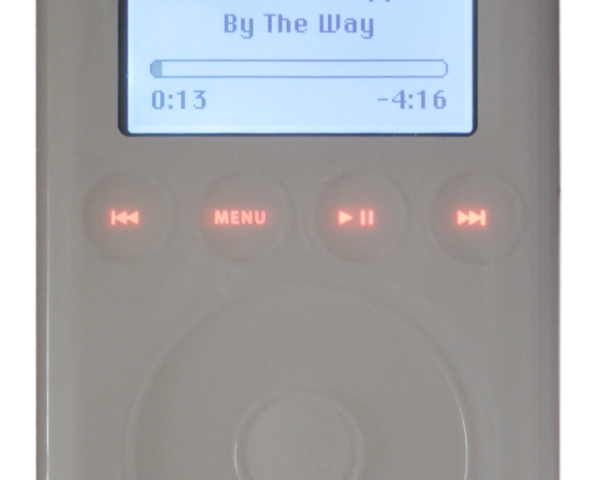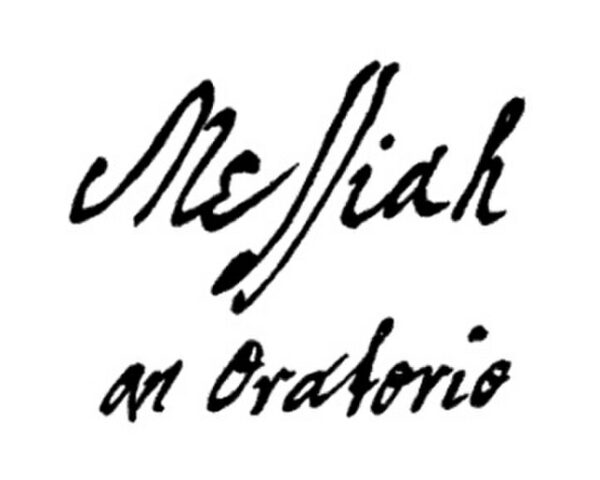Napster, a groundbreaking peer-to-peer file-sharing platform, emerged in 1999 as a transformative force in the music industry. Founded by Shawn Fanning and Sean Parker, Napster allowed users to share and download music files without purchasing them, creating a digital community where music enthusiasts could freely exchange their favorite tracks. This novel approach to music distribution quickly gained popularity, drawing millions of users to the platform within a short period. However, Napster’s disruptive model collided with the established norms of the music business, leading to a legal battle that would significantly impact the industry.
A&M Records, Inc. v. Napster, Inc., filed on December 6, 1999, marked a pivotal moment in the conflict between traditional copyright holders and the emerging digital landscape. A coalition of major record labels, including A&M Records, took legal action against Napster, alleging widespread copyright infringement. The lawsuit argued that Napster’s platform facilitated the unauthorized sharing of copyrighted music, causing financial harm to the recording industry. This case exemplified the industry’s struggle to adapt to the challenges posed by evolving technology and changing consumer behavior.
The History Channel writes, “At the peak of Napster’s popularity in late 2000 and early 2001, some 60 million users around the world were freely exchanging digital mp3 files with the help of the program developed by Northeastern University college student Shawn Fanning in the summer of 1999. Radiohead? Robert Johnson? The Runaways? Metallica? Nearly all of their music was right at your fingertips, and free for the taking. Which, of course, was a problem for the bands, like Metallica, which after discovering their song “I Disappear” circulating through Napster prior to its official release, filed suit against the company, alleging “vicarious copyright infringement” under the U.S. Digital Millennium Copyright Act of 1996. Hip-hop artist Dr. Dre soon did the same, but the case that eventually brought Napster down was the $20 billion infringement case filed by the Recording Industry Association of America (RIAA).”
In 2001, the Ninth Circuit Court of Appeals delivered a landmark ruling in favor of the record labels. The court found Napster liable for contributory and vicarious copyright infringement, ordering the platform to cease its file-sharing operations. This decision forced Napster to shut down its service in July 2001, signaling a victory for copyright holders but also highlighting the broader implications of the digital revolution on traditional business models. The legal battle between A&M Records and Napster set a crucial precedent for subsequent conflicts between the entertainment industry and emerging digital platforms, influencing the trajectory of copyright law in the digital age.
The aftermath of the case saw a shift in the music industry’s approach to digital distribution. While Napster faced closure, its impact was lasting, prompting the industry to explore new business models and adapt to the changing landscape. The case laid the groundwork for the development of legitimate online music services, reshaping the way music was distributed, consumed, and monetized in the digital era. A&M Records, Inc. v. Napster, Inc. remains a pivotal chapter in the history of the music industry’s struggle to navigate the challenges posed by technology and copyright in the 21st century.






